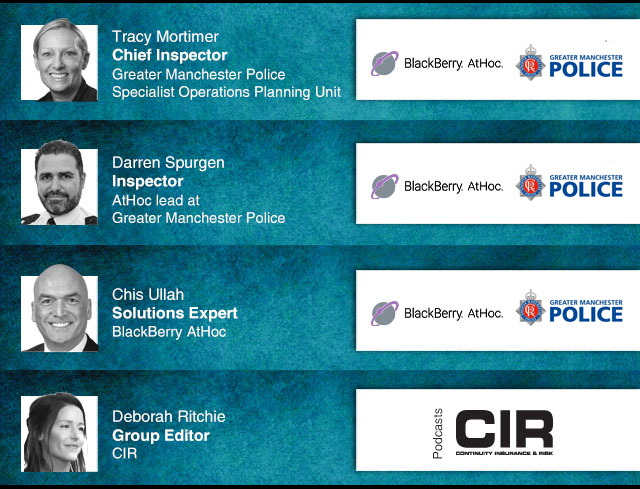The biggest convern over outbound communications for UK public sector organisations is reputational damage, according to a survey of healthcare and local government IT and risk professionals.
The research, commissioned by Opinion Matters for secure communications firm Zivver, took in the views of over 250 public sector employees, including CIOs, data protection officers, IT directors, and risk officers. 52% said reputational damage as a major concern, followed by preventing data leaks (50%), and ensuring employees are aware of security (49%).
The survey investigated the data security challenges and privacy risks UK healthcare and local government organisations face when communicating and sharing information via email and file transfer.
It found that 82% of respondents said their organisation had experienced at least one data leak in the past 12 months, while 73% stated three or more. Comparing the two sectors for larger numbers of leaks, 11% of local government respondents were aware of 11-15 data leaks taking place in the last year – significantly higher than healthcare at 3%.
Regarding COVID-19’s impact on the security of outbound communications in public sector organisations, around one in three of all respondents said the pandemic brings additional vulnerabilities, requiring ongoing security changes. Further reflecting the high levels of uncertainty, especially by those at the top, 43% of IT leaders in local government said their organisation was ‘less secure as a result of COVID-19’.
“The findings of this survey indicate an urgent need for public sector organisations to review and update current security practices, requiring technology that is simple to introduce and use, to avoid disruption to employees’ productivity,” said Rick Goud, CIO and co-founder at Zivver.
“The secure communications technology we have developed works with existing email systems such as Outlook and Gmail, meaning that employees do not need to change their usual ways of working. It also provides non-intrusive alerts to support employees in making the right decisions when handling sensitive information, helping them to avoid making the most common types of data leaks such as emailing the wrong person or using ‘CC’ instead of ‘BCC’. This is critical as such leaks can be costly to public sector organisations – due to non-compliance with the GDPR and DPA, for example – and can also cause harmful reputational damage.”
Printed Copy:
Would you also like to receive CIR Magazine in print?
Data Use:
We will also send you our free daily email newsletters and other relevant communications, which you can opt out of at any time. Thank you.














YOU MIGHT ALSO LIKE